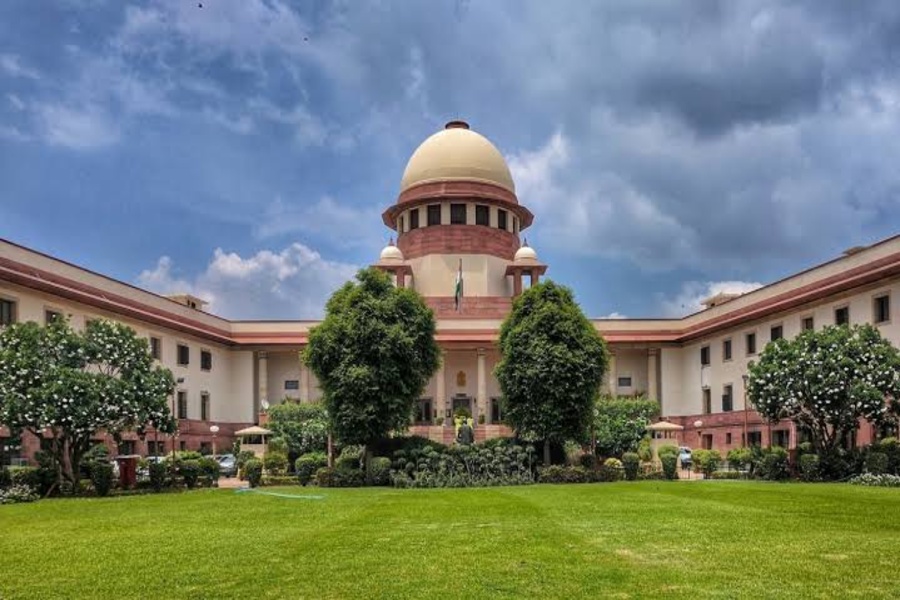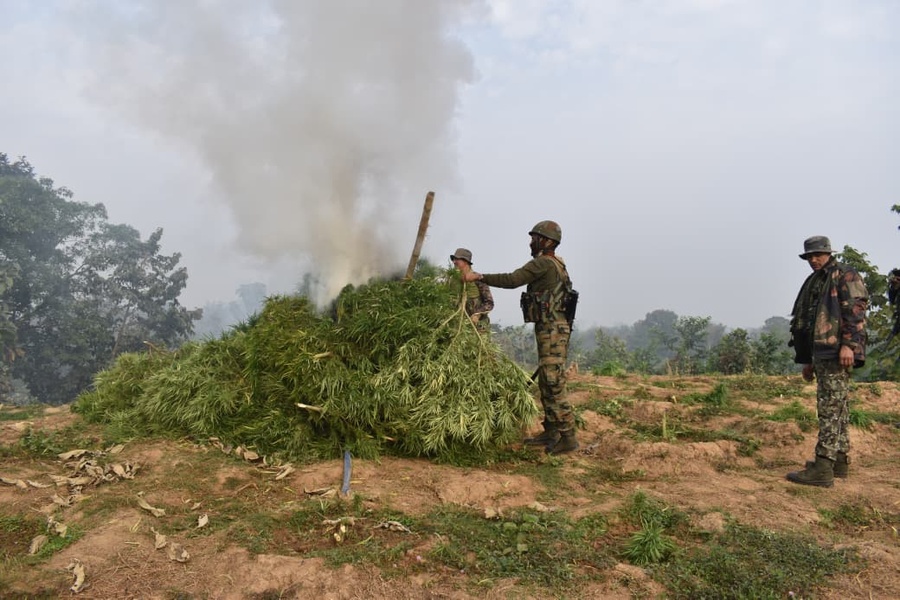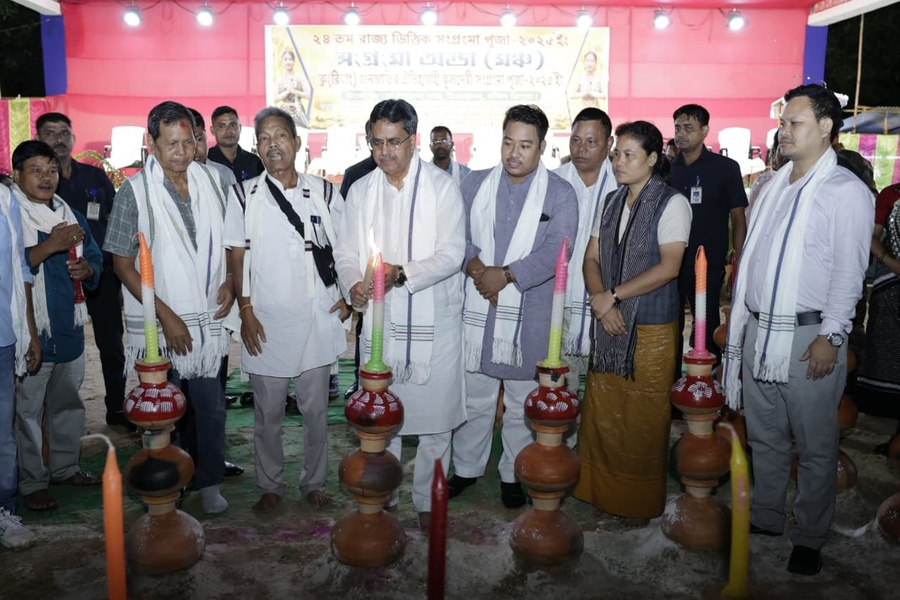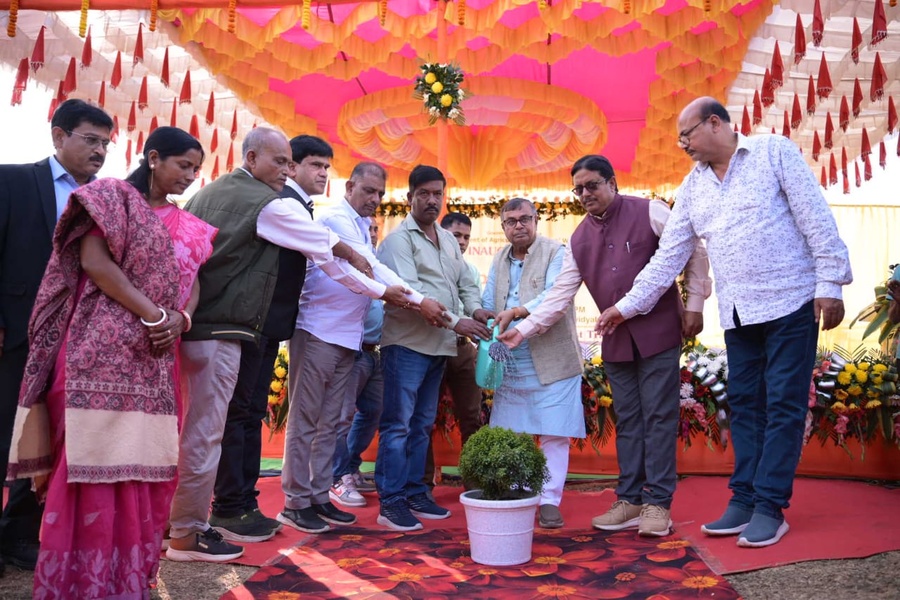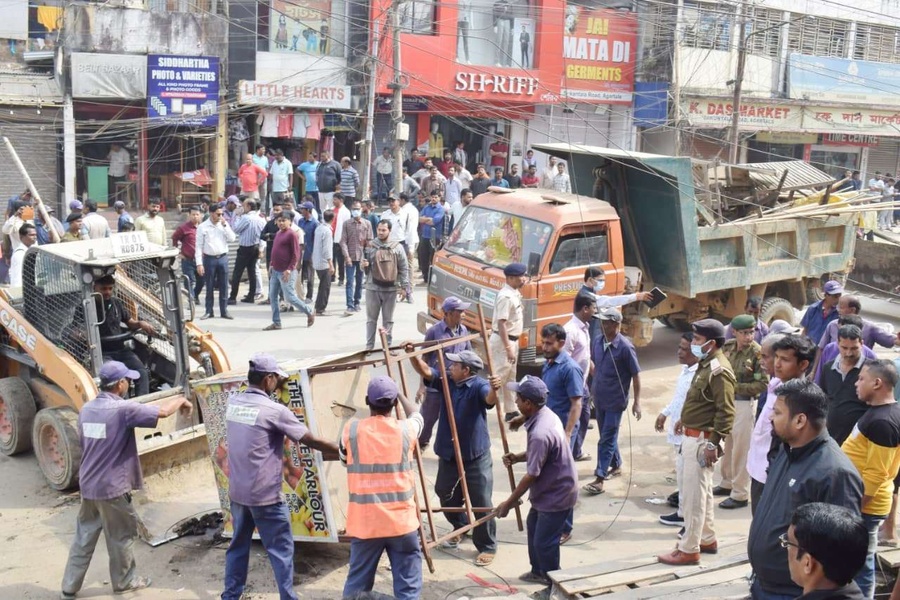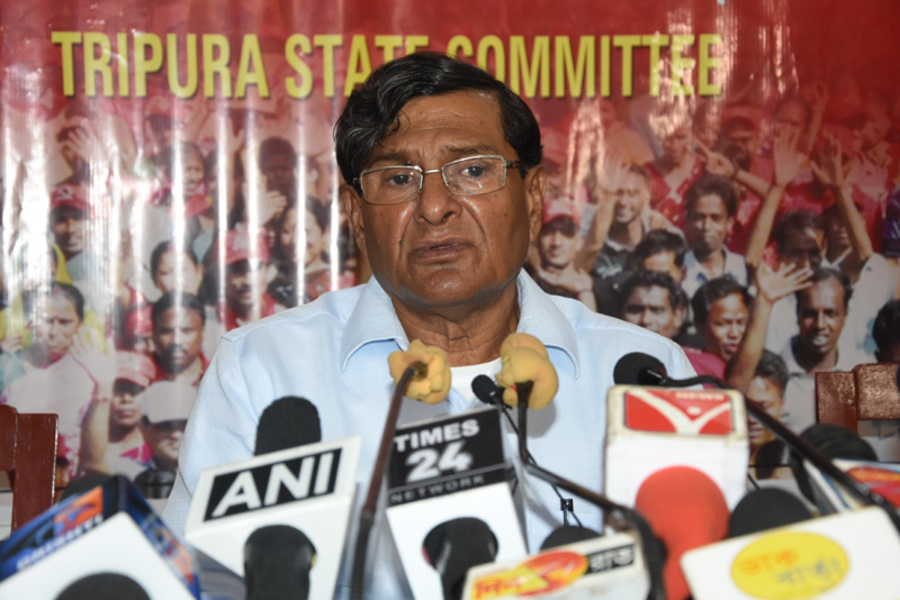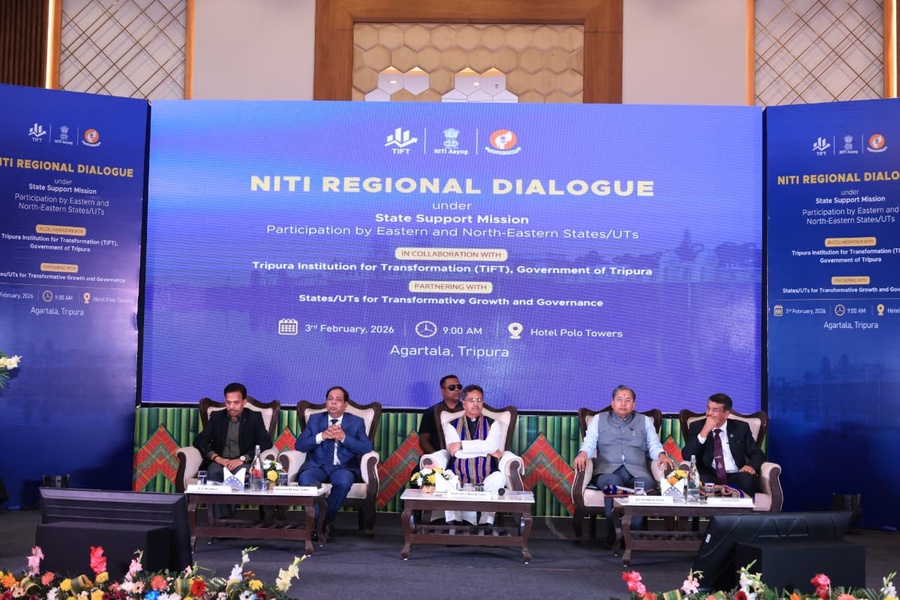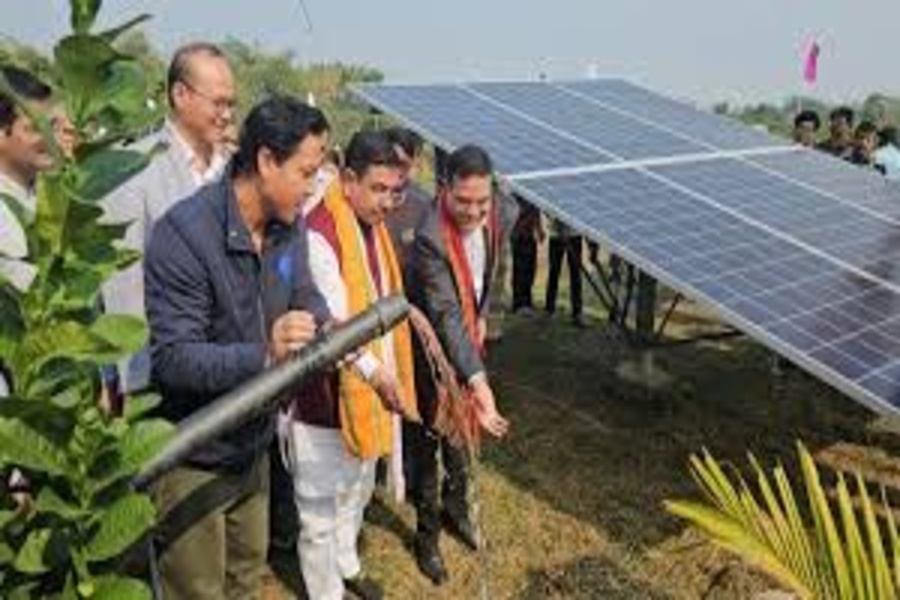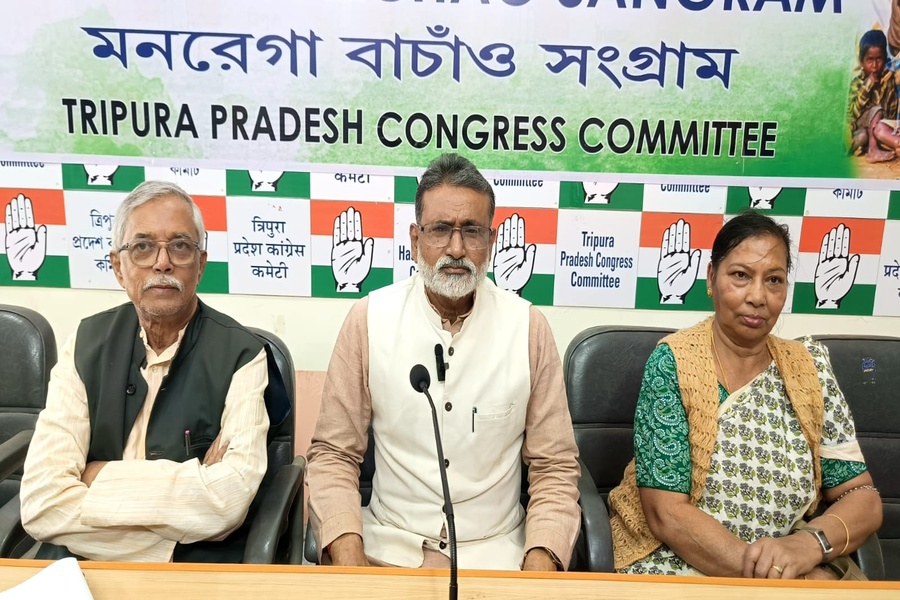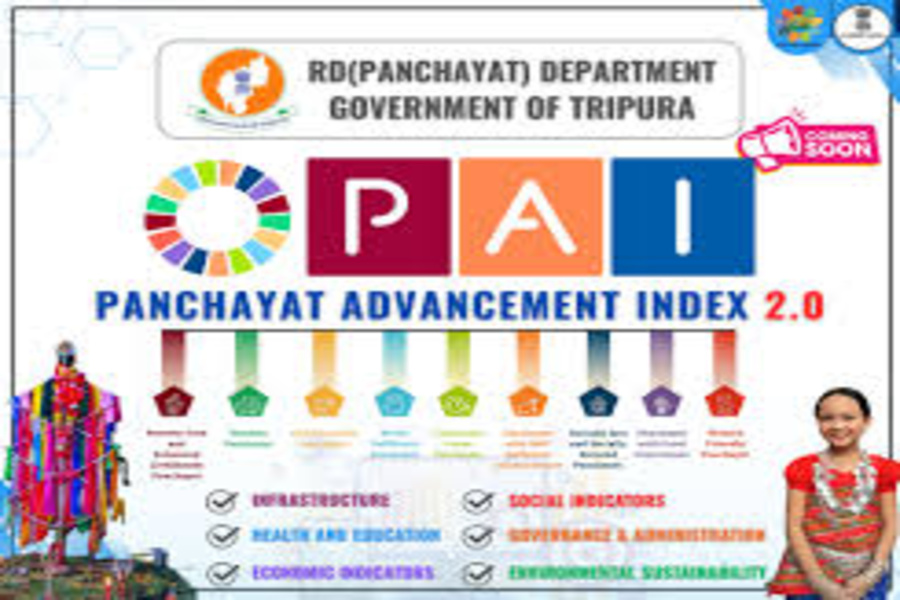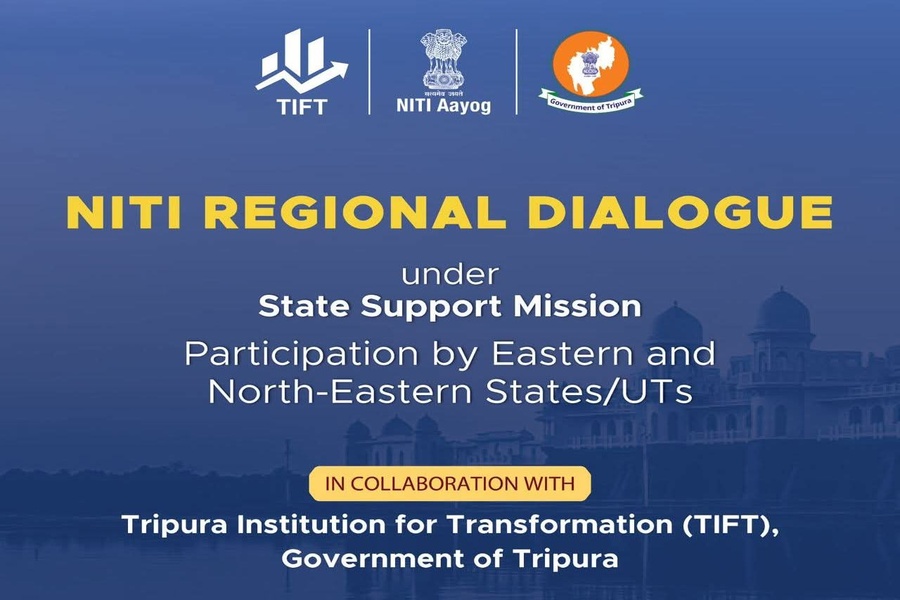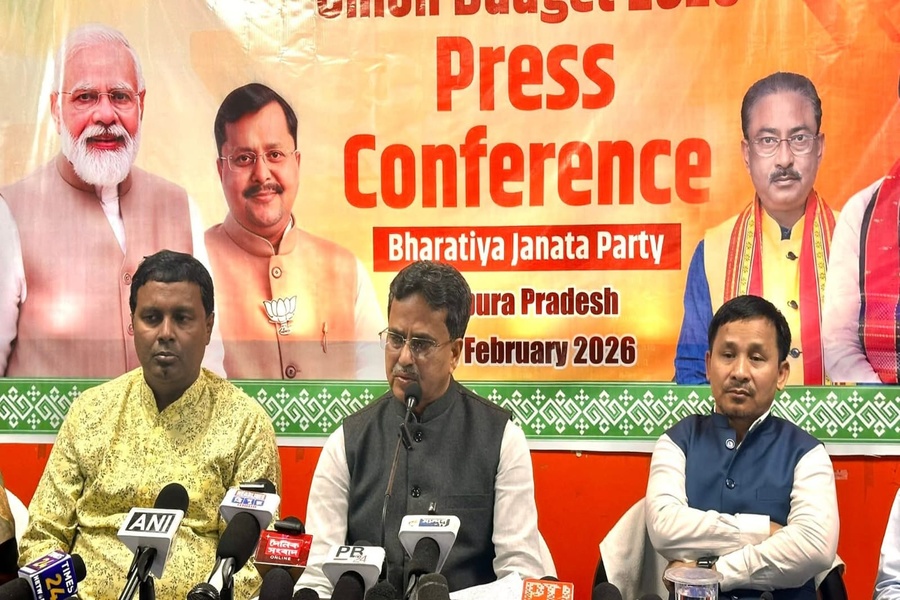The Supreme Court has directed the Tripura government to complete the recruitment process within two months, which was initiated in 2016 during Left Front government, but was cancelled in 2018 after BJP-led government came to power.
A division bench of the SC comprising Justices J K Maheshwari and Rajesh Bindal set aside the State’s decision to scrap the ongoing process midway and introduce a fresh one under the New Recruitment Policy of 2018.
The petitioners included 506 aspirants for posts of Enrolled Followers (Group-D) in Tripura State Rifles (TSR), Inspector of Boilers, and Tripura Civil Service/Police Service (TCS/TPS) Grade-II officers. The process was almost completed, but due to assembly elections, Left Front government couldn’t complete the recruitment.
Soon after assuming charge, Chief Minister of the first BJP government, Biplab Kumar Deb, in March 2018, stopped the recruitment process of Enrolled Followers, which was governed by the Tripura State Rifles Act, 1983, and the TSR Recruitment Rules, 1984.
The court noted that the recruitment process for several posts had reached an advanced stage. For instance, under the Boilers Act, following an advertisement, a screening test was held on August 21, 2017, and shortlisted candidates were interviewed on December 7, 2017.
Only the results of the interviews remained pending when the process was abruptly kept in abeyance and subsequently cancelled in August through a memorandum. The aggrieved candidates had first moved High Court, which upheld the State government’s decision.
Challenging the High Court's ruling, the petitioners subsequently brought the matter to the Supreme Court. A bench consisting of Justices J K Maheshwari and Rajesh Bindal overturned the state government’s decision, mandating the completion of the halted recruitment within two months for enrolled followers and Inspectors of Boilers, and within four months for TCS and TPS positions.
The Court stipulated that the recruitments must adhere strictly to the original rules in effect at the time the job advertisements were published. The bench remarked, “Executive instructions issued under Article 166(1) of the Constitution of India cannot override actions mandated under statutes and the corresponding rules.
They may complement laws and regulations, but cannot replace provisions that are already established.” Additionally, the Court highlighted that the State had failed to demonstrate the necessity of the new recruitment policy in addressing any shortcomings in the existing rules, deeming the cancellation of recruitments as an unjust exercise of power.
While the government contended that this new process was in the “larger public interest,” the Court rejected this notion, asserting that such a vague rationale fails to meet the constitutional standards of fairness and equality as outlined in Articles 14 and 16. Although discretion must reside with the State, simply citing ‘larger public interest’ is insufficient, as clarified by the judgment.

